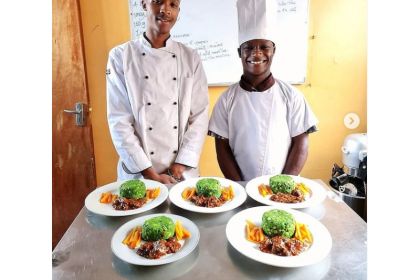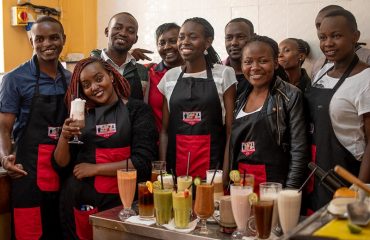
We all know that food is necessary for survival, but most of us don’t think about the process that goes into making our food safe and edible. Food preparation and processing is a science, and it’s important to understand the basics if you want to make informed decisions about what you eat.
In this blog post, we will discuss some of the most important things you need to know about how your food is made. We’ll cover everything from cooking methods to food additives so that you can be sure you are getting the most out of your meals!
The different methods of food preparation and their effects on the food
Food preparation methods can be divided into two main categories: cooking and processing. Both of these methods have different effects on the food, so it’s important to know how each one works.
Cooking is a method of food preparation that uses heat to change the properties of the food. This can include things like baking, frying, or boiling. The heat from cooking can change the texture, flavor, and nutrition of the food.
Processing is a method of food preparation that uses chemicals or other agents to change the properties of the food. This can include things like canning, freezing, and drying. Processing can also change the nutrition of the food, but it is generally not as effective at changing the flavor or texture.
It’s important to note that both cooking and processing have their advantages and disadvantages. For example, cooking can make food more delicious, but it can also make it less nutritious. Processing can make food last longer, but it can also change the flavor in ways that some people may not like. Ultimately, it’s up to you to decide which food preparation methods are best for you and your family.
What are some of the most common food additives?
Food additives are substances that are added to food to change its color, texture, flavor, or shelf life. Some common food additives include salt, sugar, artificial flavors, and preservatives. Food additives can be either natural or synthetic, and they are usually added in small amounts to food products.
While some people believe that food additives are dangerous, the truth is that most of them are safe to consume. However, it’s important to be aware of the potential risks associated with certain food additives. For example, some artificial flavors have been linked to cancer, and some preservatives have been linked to allergies. If you are concerned about the safety of food additives, you should always consult with a qualified healthcare professional before consuming them.
Cooking vs. baking – which is better for you?
Baking is a healthier option than cooking, as it doesn’t require the use of oils or fats. Baking also preserves more nutrients in food than cooking methods like boiling or frying. However, baking can make some foods less digestible and may not be suitable for people with certain medical conditions.
-a dry heat method of cooking that uses hot air to cook food.
– slower than other methods, but can be more evenly cooked.
– often used for foods that need a longer cook time, such as meats and casseroles.
Cooking is a faster method of food preparation than baking, and it can be more easily customized to individual tste. Cooking also allows for a greater variety of textures and flavors in food. However, cooking can damage some nutrients in food and may not be suitable for people with certain medical conditions.
– uses heat to cook food, but does not use hot air
– any method of preparing food using heat.
Advantages of baking over cooking
:
– Baking preserves more nutrients.
– Baking can be more evenly cooked.
– Baking is a dry heat method of cooking so it doesn’t require the use of oils or fats.
Disadvantages of baking over cooking:
– Baking can make some foods less digestible.
– Baking may not be suitable for people with certain medical conditions.
– Baking is a slower method of food preparation.
When it comes to food preparation, there are pros and cons to both cooking and baking. It’s important to choose the method that is best for you and your family.
In conclusion, it’s important to be informed about the science of food preparation. By understanding the basics of how your food is made, you can make better decisions about what to eat.
Chef’s classes In Nairobi Kenya
Nairobi Bar school is one of the leading institutions offering cooking classes in Nairobi. The school has a team of qualified and experienced chefs who offer a wide range of courses that cover both theoretical and practical aspects of cooking. The classes are designed to suit the needs of both amateur and professional cooks.
Interested in learning to cook like a pro? Our chef courses are the perfect way to learn all the tricks of the trade. From knife skills to mastering sauces, we’ll equip you with everything you need to know to make amazing food. With our courses, you’ll be able to cook up a storm in your very own kitchen – and impress all your friends and family with your culinary skills. Sign up for one of our chef courses today!





Need to join what do I need or else I mean requirements
Please call us on 0725476258
Hello,
Please get in touch via 0725476258.